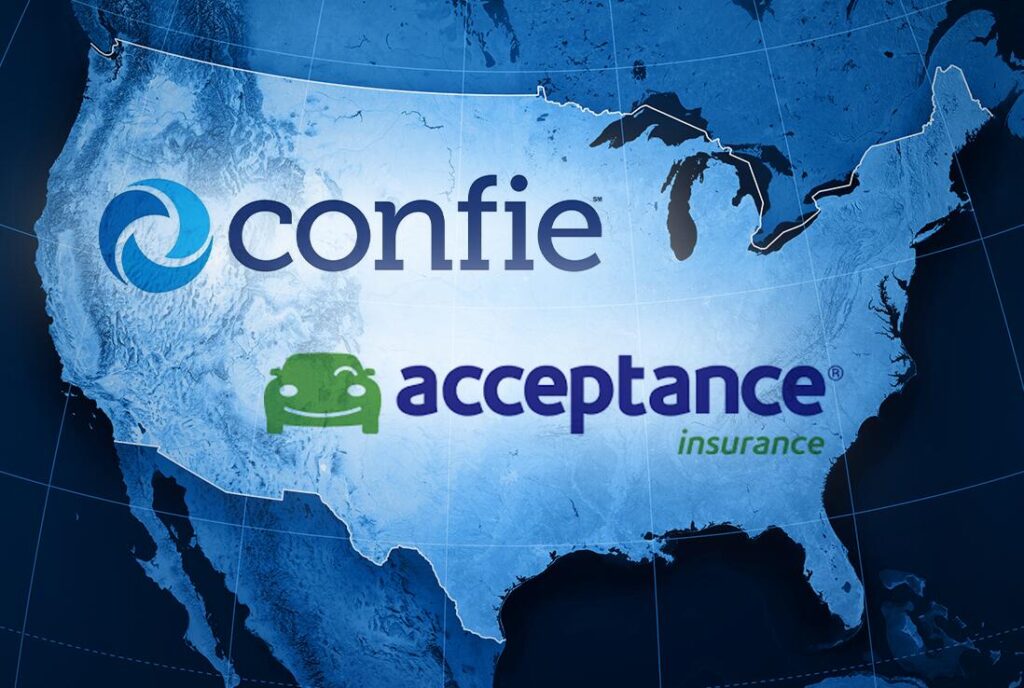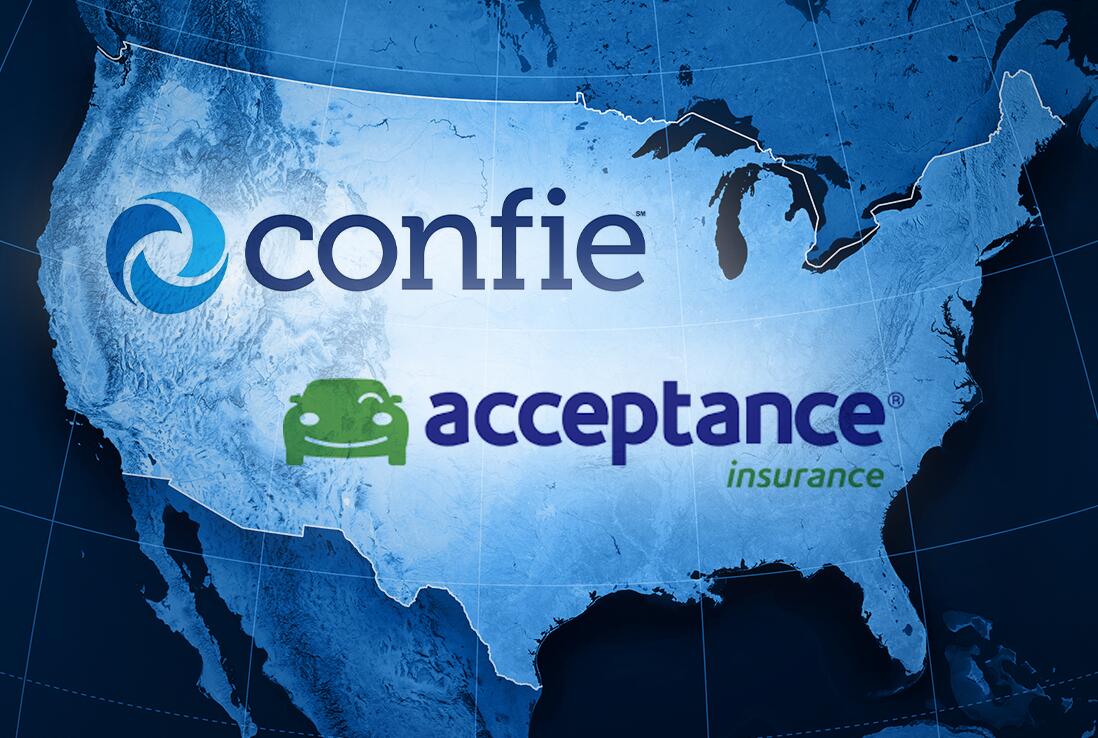When it comes to securing your property, title acceptance insurance is one of the most important aspects of safeguarding your real estate investment. In this article, we will delve into the intricacies of title acceptance insurance, helping you understand what it is, how it works, and why it is a vital component of the real estate process.

What is Title Acceptance Insurance?
Title acceptance insurance, commonly known as title insurance, is a type of policy that protects property buyers and lenders from financial losses due to issues with a property’s title. This insurance ensures that the title to a piece of real estate is legitimate and free of any liens, claims, or legal encumbrances that could affect its ownership.
Unlike other types of insurance that protect against future risks, title insurance is a one-time premium payment that covers issues related to past ownership of the property. It provides peace of mind by offering financial protection in case problems with the property title arise after the purchase is completed.
Why is Title Acceptance Insurance Important?
Protection Against Title Defects
The primary purpose of title acceptance insurance is to protect against potential defects in the title that could affect ownership rights. These defects might include:
- Unpaid Mortgages or Liens: If there are outstanding debts tied to the property, such as unpaid mortgages or tax liens, the buyer could be held responsible for paying them.
- Forgery or Fraudulent Claims: Sometimes, fraudulent documents or forged signatures can be used to claim ownership of a property. Title insurance ensures you are not affected by such fraudulent activities.
- Hidden Heirs or Claims: In cases where a previous owner did not properly transfer ownership, there may be unknown heirs or parties who claim rights to the property.
- Easements and Restrictions: Title insurance can help protect against claims for rights of way or other easements that could restrict how you use your property.
By covering these potential risks, title acceptance insurance provides invaluable financial protection, ensuring that your investment is secure.
Benefits for Home Buyers and Lenders
For home buyers, title insurance provides reassurance that the title to the property is clear of any legal issues, allowing for a smooth transfer of ownership. Without title insurance, home buyers could face significant financial losses if title defects are discovered after the transaction is completed.
For lenders, title insurance protects their investment by ensuring that the title to the property is free of encumbrances, thereby securing their lien rights. Lender’s title insurance is typically required when securing a mortgage, as it provides protection in case the property’s title is challenged in the future.
How Does Title Acceptance Insurance Work?
Title insurance works by providing coverage for legal costs and financial losses resulting from title defects. When a buyer or lender purchases title insurance, the policy will cover the following:
- Legal Defense Costs: If a title dispute arises, the title insurance company will cover the cost of legal representation to defend against any claims.
- Financial Coverage: If a valid claim is made against the property’s title, title insurance will cover the financial losses, such as the cost of settling the dispute or compensating for the loss of property value.
- Post-Purchase Coverage: Title insurance provides protection even after the purchase is complete, meaning you are covered for potential issues that may arise long after the transaction is closed.
The policy typically lasts for the duration of the ownership of the property, so if a title issue arises years after the purchase, the insurance will still be in effect to protect the buyer or lender.
Types of Title Acceptance Insurance
There are two primary types of title insurance policies: owner’s title insurance and lender’s title insurance.
Owner’s Title Insurance
Owner’s title insurance is designed to protect the buyer’s interests in the property. It provides coverage against any legal challenges to the ownership of the property. While not required by law, it is highly recommended for buyers as it protects their financial investment in the event of unforeseen title defects.
Lender’s Title Insurance
Lender’s title insurance, on the other hand, is purchased by the home buyer on behalf of the lender. This type of insurance protects the lender’s financial interests in the event that the property’s title is found to be defective. Lender’s title insurance is typically required by most lenders as part of the mortgage process.
It’s important to note that while owner’s title insurance protects the buyer, lender’s title insurance only covers the lender’s interests. Therefore, it’s advisable for buyers to also purchase owner’s title insurance to ensure full protection.
The Cost of Title Acceptance Insurance
The cost of title acceptance insurance varies based on several factors, including the location of the property, the purchase price, and the type of coverage selected. On average, the cost of a one-time premium for title insurance can range from $300 to $1,500 or more.
While the cost of title insurance may seem like an added expense, it is a small price to pay for the protection and peace of mind it provides. Considering the potential risks involved in purchasing real estate, the cost of title insurance is a wise investment in securing the ownership of your property.
Factors Affecting the Cost of Title Insurance
Several factors influence the cost of title acceptance insurance, including:
- Property Value: The higher the value of the property, the more expensive the title insurance policy is likely to be. This is because the potential for financial loss is greater with higher-value properties.
- Location: Title insurance costs may vary depending on the region and local market conditions. Some states have higher average title insurance rates than others.
- Type of Property: Certain types of properties, such as commercial real estate, may require additional title insurance coverage, which can increase the premium.
- Coverage Amount: The level of coverage chosen will impact the cost of the policy. Full coverage typically costs more than basic coverage.
How to Choose the Right Title Insurance Provider
When selecting a title insurance provider, it’s important to consider factors such as reputation, experience, and customer service. The right provider will offer comprehensive coverage options, competitive rates, and reliable support to ensure that you are fully protected throughout the real estate transaction.
Steps to Selecting a Title Insurance Provider
- Research Providers: Start by researching title insurance companies in your area. Look for companies with a solid reputation and experience in the real estate industry.
- Compare Rates: Obtain quotes from multiple providers to compare rates and coverage options. While price is an important factor, make sure to also consider the quality of service and coverage provided.
- Read Reviews: Check customer reviews and testimonials to get a sense of the provider’s reliability and customer satisfaction.
- Ask for Recommendations: Consult with real estate agents, attorneys, or mortgage lenders who can provide recommendations based on their experience with title insurance providers.
Choosing the right provider is essential to ensuring that your title insurance policy is reliable and effective.
Title acceptance insurance is a crucial part of the real estate process that offers protection against potential risks associated with property ownership. By understanding what title insurance is, how it works, and the different types of coverage available, you can make an informed decision to protect your investment. Whether you are a home buyer or a lender, title insurance provides the security and peace of mind needed to navigate the complexities of property ownership.
